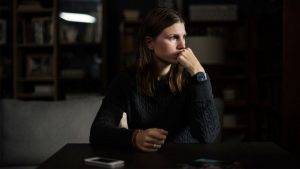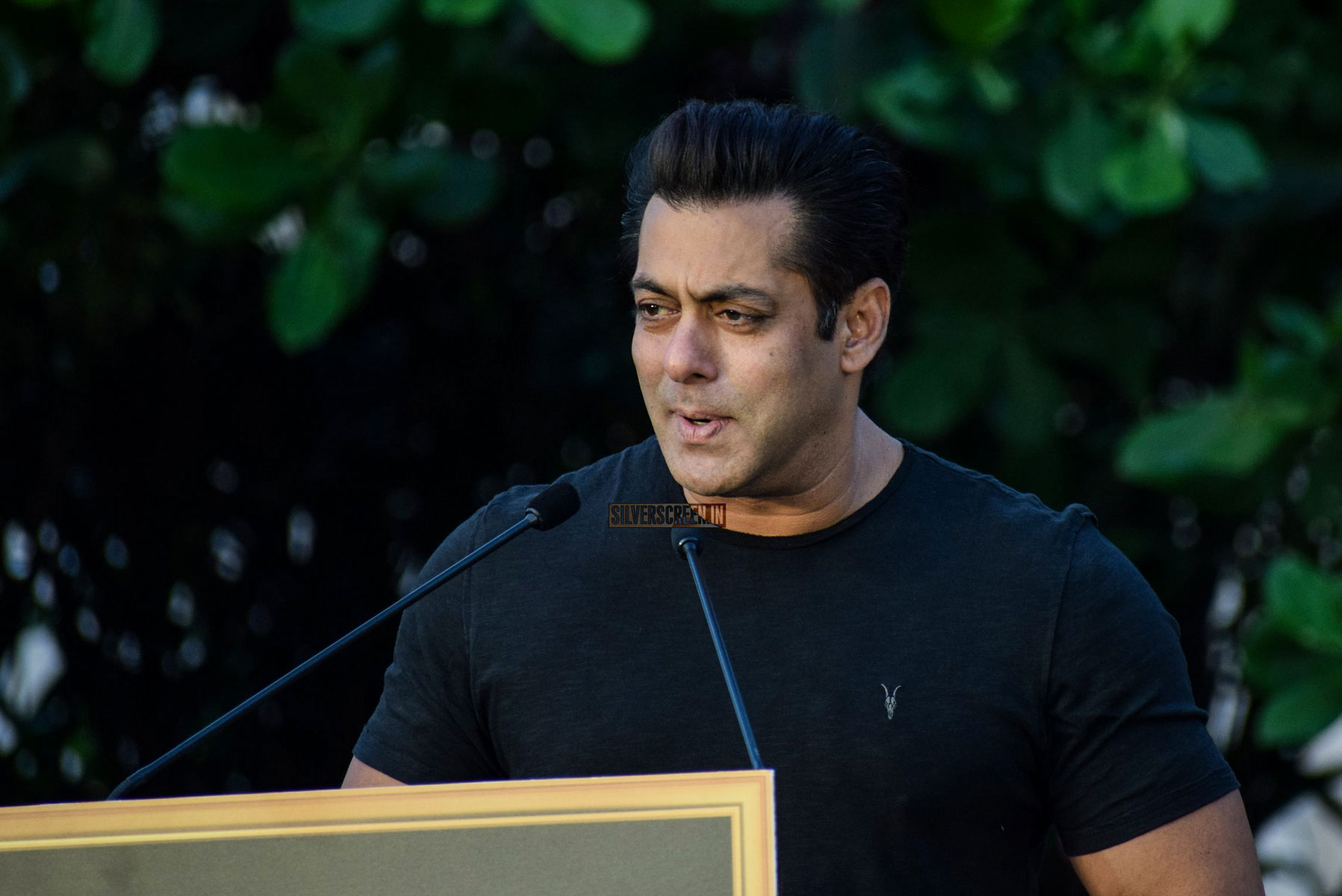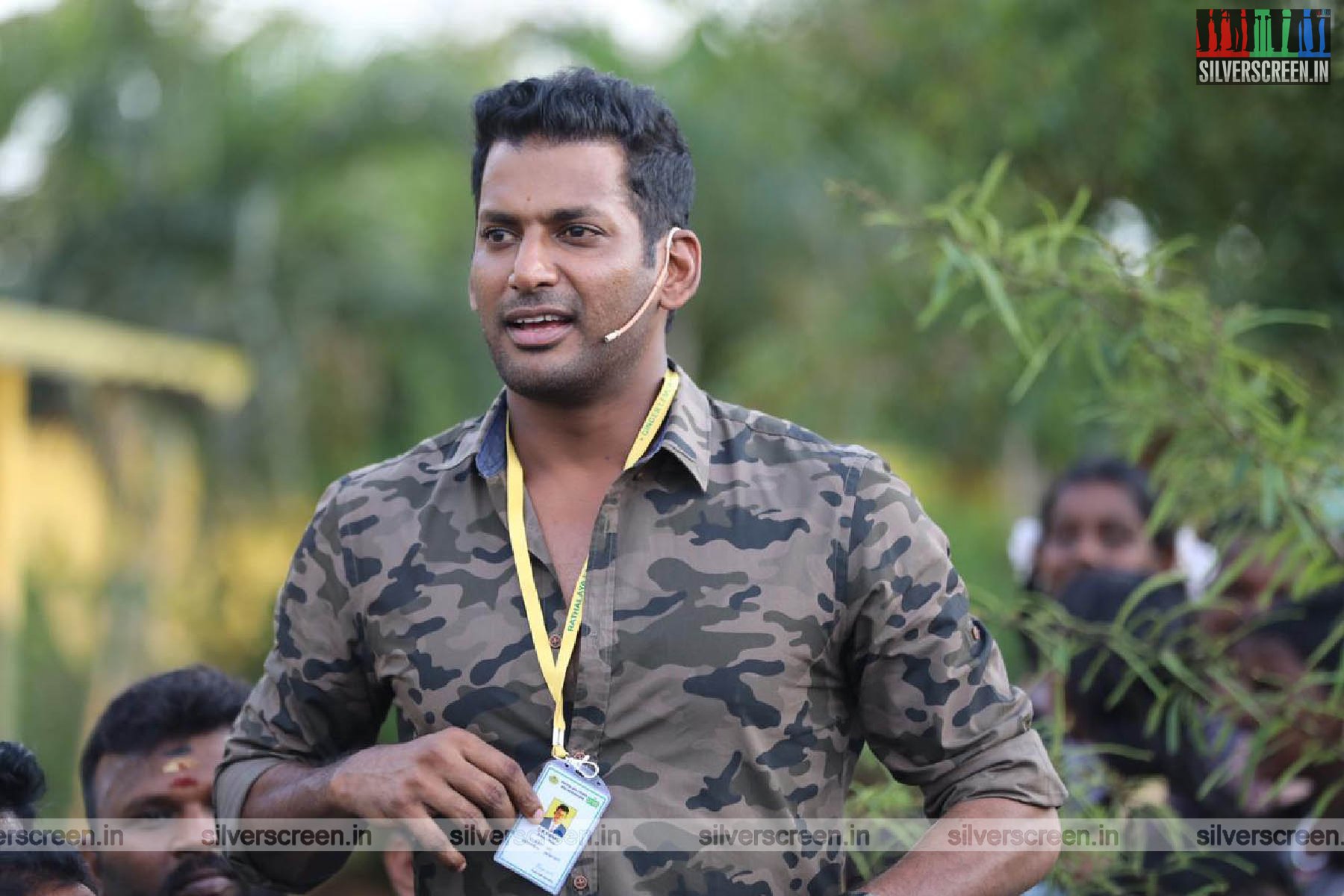A powerful contender for the Oscar award for Best Foreign Language Film this year is a dark Russian drama centered around a disintegrated family and a missing boy. In Loveless (Nelyubov), directed by Russian writer-director Andrey Zvyagintsev, a twelve-year-old boy runs away from his parents’ apartment in Moscow one day and is never found again. The parents can’t seem to understand why he did it, but to the audience, the image of his loveless home stands as a cold and gloomy testimony.
Andrey’s film is critical of the modern Russian society that is knee-deep in selfishness, consumerism and a general lack of empathy. The director’s previous film, Leviathan (2015) too had showed Russia in an unflattering light, exposing the exploitation of power in the country’s top offices. Loveless unfolds on a smaller canvas. The pivotal characters are bound by blood and familial ties. Over the course of the film, the hatred steeped in the minds of the characters becomes more and more striking, like the winter that spreads slowly onto trees and rooftops in the city.
There are some spine-chilling images in the film. Like the one in which little Alyosha (Matvey Novikov) soundlessly screams in the dark, overhearing his parents arguing over his custody. Both of them have found new partners, and the child is a responsibility they don’t want. The father, Boris (Aleksey Rozin), is working in a corporate company headed by a deeply religious man who frowns upon marital divorces. In order to not lose his job, he has decided to get married to his younger girlfriend who is carrying his child. The mother, Zhenya (Maryana Spivak), runs a hair salon, and is in a relationship with a rich widower. Both Boris and Zhenya don’t want Aloysha who is the only reminder of their bitter marriage. In plush restaurants and bedrooms, you see the adults dining and having sex, but the ominous background music reminds you of the lack of love in the visuals.
When the child goes missing, the parents call in the cops who suggest that they seek the help of an NGO instead. “We physically don’t have the time or staff,” a cop tells the parents. The NGO is made up of young volunteers and an outspoken, yet efficient leader. The search for the boy takes the film to the giant abandoned buildings of Moscow, reminiscent of the ghost cities of First World countries.

loveless2
Interestingly, Zvyagintsev’s film does something similar. On the night prior to Alyosha’s disappearance, you see Zhenya in bed with her new boyfriend, confessing to him that she never really loved Alyosha. Making puppy-eyes, she asks him if he thinks she is a monster. He tells her, “You are the world’s most beautiful monster.” She smiles in contentment. The next morning, a teacher from Aloysha’s school informs her of the child’s absence. Subtly, the blame is placed on her, and although she doesn’t seem any more evil than her husband, Zhenya becomes the most loathed character in the film. It is also hinted that she inherited this cold bitterness from her mother who lives alone outside Moscow.
Recommended
Zvyagintsev’s film, in many ways, is a product of resentment and anger. Whether the child is found doesn’t become the film’s concern, it makes it seem as though it is better that he doesn’t return to the world where he is offered no affection. The focus is on the parents, on whom the camera is ruthlessly fixed. The film judges them, offering them no pardon. When Zhenya breaks down and creates a scene in the morgue where the police show them a partially decomposed body of a child who resembles Alyosha, you feel no sympathy for her. In the epilogue, you see Boris and Zhenya in their new lives with their new partners. Zhenya, as always, is occupied with her cellphone, while the television in the background tells us of Russia’s assault on Ukraine. The camera follows her as she gets up from the couch, puts on a deep red jacket which has Russia written on it, and starts working out on a treadmill. She is running, but not going anywhere.
*****



